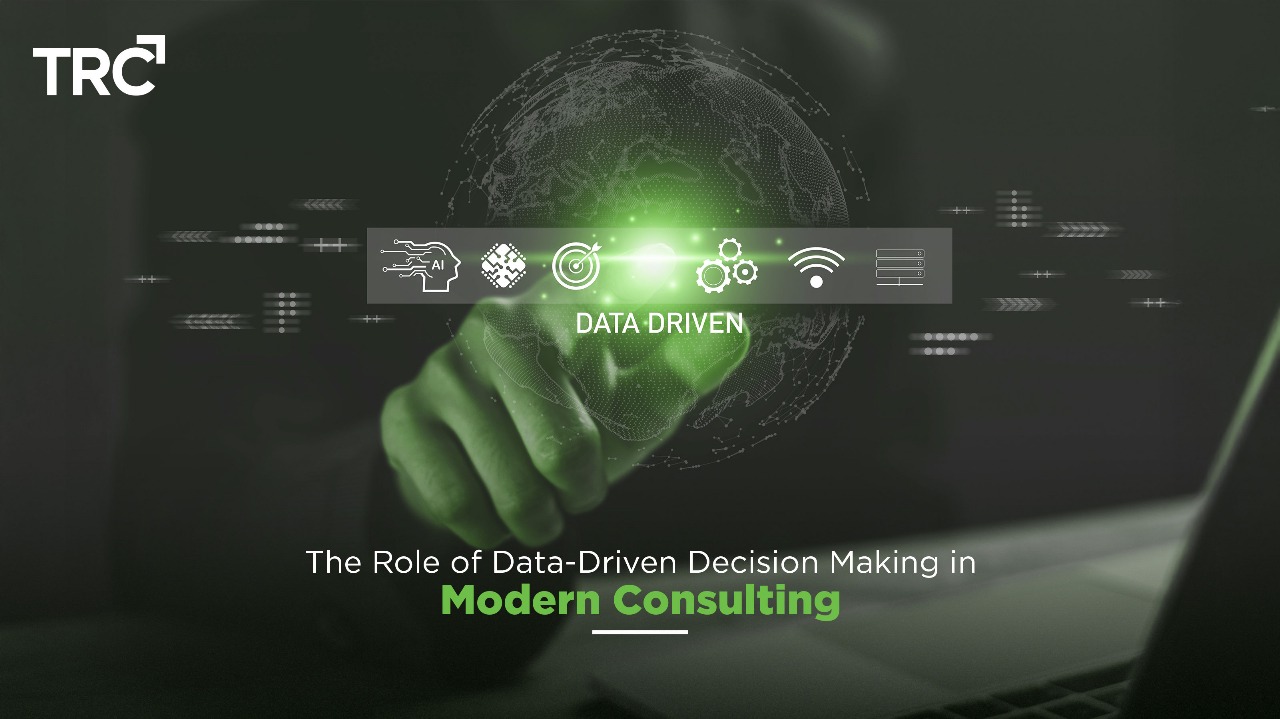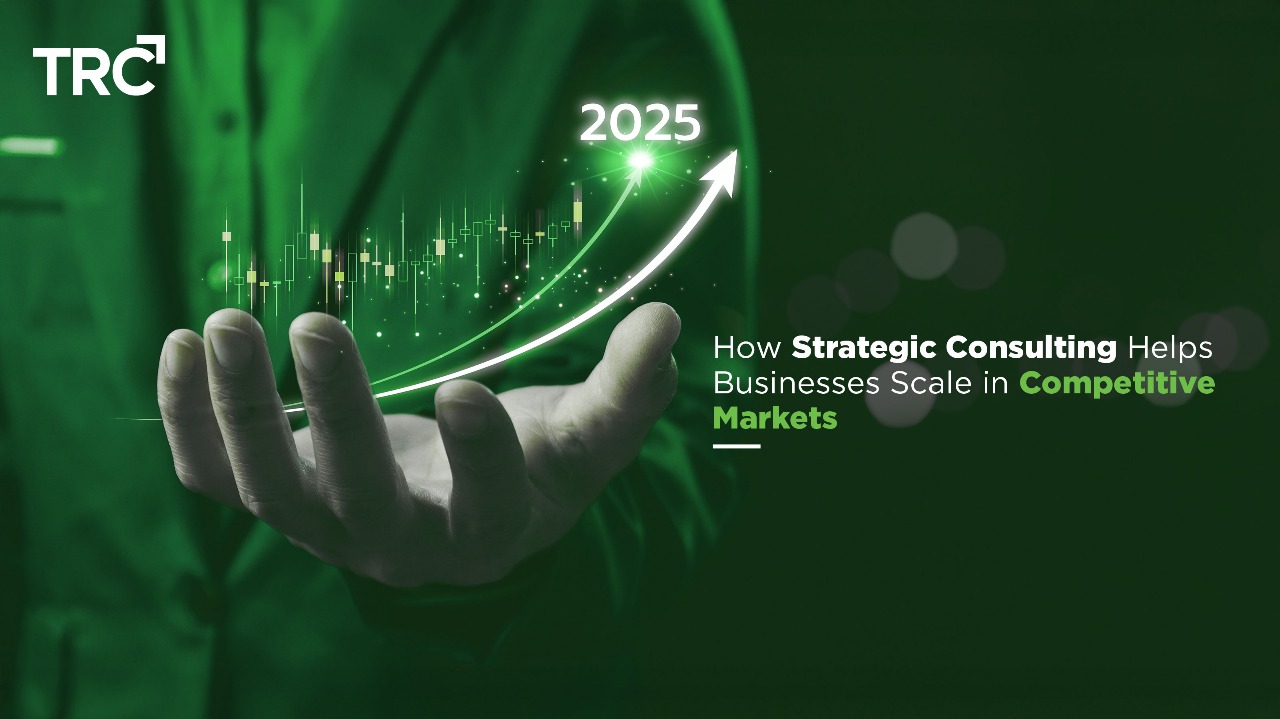In the market, expertise and analytical skills are everyone’s value proposition when it comes to business consulting for sustainable growth. It’s the bare minimum. Companies require emotional intelligence to navigate the unique real-world challenges and add reliability to decision-making processes that cannot be replaced by technical knowledge or AI-powered systems. Undoubtedly, emotional quotient is the new competitive edge.
Limitations of Reliance on Pure Logical Analysis
Human intelligence (IQ) is capable of intensive higher-order thinking, enabling it to diagnose the core problems and its implications for the creation of a master plan for every situation. Nevertheless, the brilliance goes to waste if the subjectivity of the real world is not taken into account in business management. Moreover, lacking emotional intelligence while having a greater IQ is often exhibited in the form of overconfidence and arrogance, which is never trusted by a client. This in turn will also make the client hesitant in sharing sensitive information.
The Problem of “Trusting the Process”
The reliance on pure logic becomes detrimental when a new system of operations is required to be built in the organization. Such drastic changes in the core of a company are not easy to be accepted and implemented. From changing teams to transforming company culture, it’s a human process and requires human depth to navigate fears and skepticism as well as build motivation and morale. In other words, while a consultant might try to help the client understand the importance of trusting the process (solution or answer), the real results come with making the client trust the consultant.
Ways in Which EQ Manifests Itself
Emotional intelligence entails a deeper understanding of oneself and others, as well as the ability to empathise with the emotions of others while remaining aware of one’s own. In consultancy, these give you a huge competitive edge.
1. Handling Rejections with Self-Awareness
It is not common for a consultant to experience frustration after their proposal is rejected. Given the efforts that went into making the proposal, their personal biases make them defensive instead of making them reflect on the client’s feedback. However, EQ becomes helpful in the recognition of personal triggers and keeps them grounded.
Furthermore, self-awareness allows consultants to assess their strengths and weaknesses to handle high-pressure situations with greater emotional control. Ultimately, the client gets the best out of the collaboration.
2. Responding to Setbacks
Projects can experience setbacks or go off track. Such situations demand effective self-regulation to ensure that instead of playing the blame game, a solution is arrived at sooner with quick reassessment and teamwork. This helps consultants deliver quality results to clients irrespective of circumstances.
3. Reading the Room
Consultancy requires understanding what is not being said and picking up the emotions of the client. It also involves careful observation to understand interpersonal and intrapersonal dynamics to comprehend silent objections. For instance, understanding the unvoiced objections behind a client’s request for more consideration time would require emotional intelligence.
4. Enabling Ethical Decision-Making
Financial auditors and other professionals often face several external and internal pressures and influences. The degree to which one succumbs to them during decision-making depends on emotional intelligence. Moreover, emotional intelligence helps a consultant in risk assessment, which can often be missed by AI, as it works on algorithms rather than contextual data. Therefore, ethical and sound decision-making can only be enabled with the use of EQ.
5. Facilitating Cultural Integration During M&A
Mergers and Acquisitions are highly stressful events and the biggest challenge is taking the best practices from both the concerned parties to maximise the outcome. Having a high EQ helps consultants navigate interpersonal dynamics during the transformative period and helps in conflict resolution. The biggest advantage here is that it can potentially increase employee engagement and productivity while ensuring a seamless integration of corporate cultures.
6. Responding With Empathy And Rationality
During financial consulting, clients often find themselves in an awkward spot. They may even exhibit emotional vulnerabilities given market volatility and financial downturns. When a consultant who is empathetic and emotionally intelligent faces such a situation, they know when to lend an active listening ear while remaining calm and composed. Such a person can also identify emotional triggers and navigate through them to provide rational advice and avoid hasty decision-making.
7. Managing Cross-Cultural Challenges
During processes like expansion in new markets or hiring of new people, the consulting clients face difficulty in navigating culturally diverse communication styles and many other things which can negatively affect adaptation and growth. However, with their emotional intelligence, a consultant can offer understanding and relevant solutions which can bridge these gaps.
8. Balancing Logic and Empathy
Decisions during financial reporting and risk assessment encompass high-stress management, negotiations, and addressing conflicts, which require self-regulation as well as social skills so that consultants can respond to others with logic and empathy without losing their calm and composure. EQ leads to improved outcomes like better collaboration and amiable teamwork during such high-stakes situations.
Conclusion
Emotional intelligence is the backbone of consulting, as it ensures client satisfaction and sustainable growth for clients. TRC Consulting is known for its emotionally intelligent and experienced consulting team that specialises in giving reliable solutions to real-world problems after gaining a deeper understanding of the challenges the client is facing. When you work with us, you work with humans and not just technicians.





























